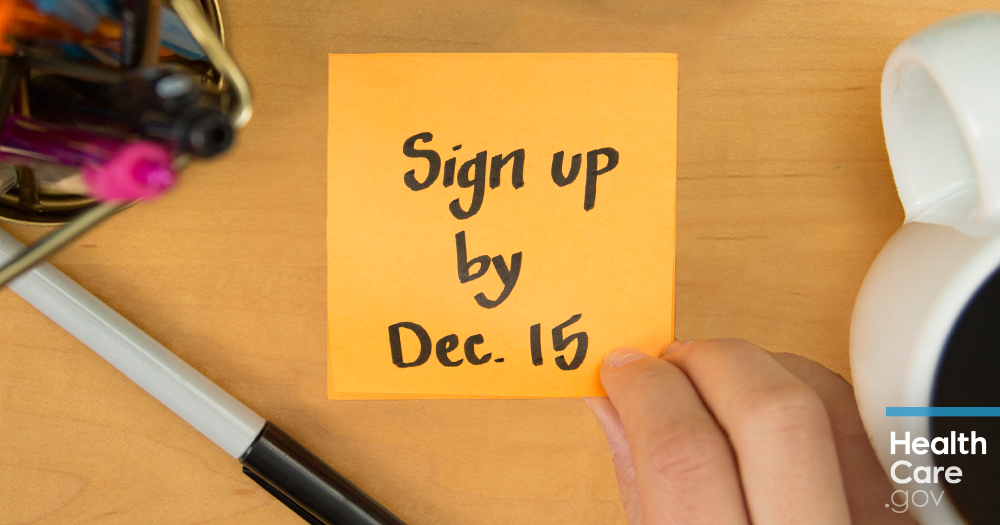5 Things Domestic Violence Advocates Can Do to Support Survivor Access to Health Care

Open enrollment for health coverage is happening now!
Despite all of the confusion of the past few months, the Affordable Care Act is still the law of the land and, through Dec. 15, individuals are able to enroll in health coverage through healthcare.gov and cuidadodesalud.gov/es/.
Because of the many serious long-term health effects of experiencing relationship abuse, it is a no-brainer that survivors need access to quality, affordable health care for themselves and their families.
Recently, the federal government slashed funding for outreach efforts; therefore, it is even more important advocates educate their clients about open enrollment. But what can you do to make sure survivors get access to care?
Here are 5 things:
1) Figure out what’s available in your area: Many folks will be able to enroll through gov and cuidadodesalud.gov/es/, but some states have specific state health care exchanges. Before sitting down with survivors to assist with enrolling in coverage, it could be useful to look up how health care coverage is accessed in your state and what options are available.
2) Connect with your local enrollment assisters: Getting enrolled can be easy and straightforward for some folks, but for others, it can be confusing and stressful – but help is available. Every state has local enrollment assisters available to help get people get enrolled – in person and over the phone. This can be helpful for individuals, but also a resource for you as you try to support your clients in accessing coverage.
3) Know the DV-specific provisions: Under the Affordable Care Act, screening and brief counseling for domestic violence are covered services and survivors can no longer be denied coverage for having experienced domestic violence. There are also special protections available for married survivors who are trying to access coverage without their abusive spouse knowing.
4) Make it happen! There are lots of things you can do to make sure survivors know that they deserve access to quality care, open enrollment is happening now, financial help is available, and there folks who can assist them: create or borrow flyers to put up around your agency, host a “Health Enrollment Happy Hour” for folks to come learn about options, share enrollment info during case management or support groups, or do a field trip to a local enrollment assistance location.
5) **SUPERSTAR LEVEL** Go meet with your local assisters to discuss the dynamics of domestic violence, health impacts, and how to work with survivors. Some assisters may not be aware of the specific DV provision that are available for survivors.
In the past year, so many of you across the country have been working hard to make sure that health care is accessible to all survivors and communities.
Thank you for your dedication! Learn more about how advocates can support survivor access to healthcare here.





